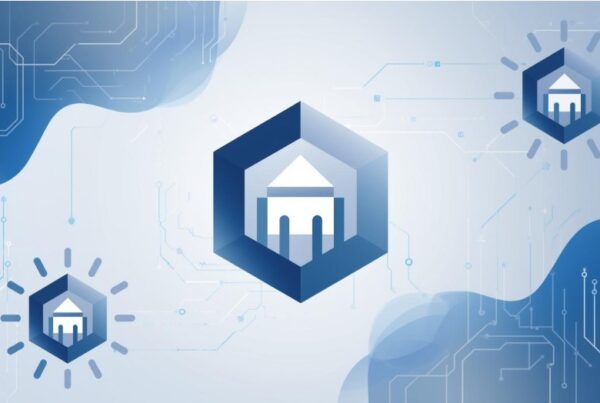The world of artificial intelligence is entering a powerful new phase driven by AI agents that don’t just assist but act autonomously to complete tasks, make decisions, and drive business value.
According to the Innovation Insight for the AI Agent Platform Landscape report from Gartner, “The emergence of AI agents marks the next significant wave in AI innovation.”
But with that wave comes complexity. The AI agent platform landscape is fragmented, hype-filled, and full of decisions that could make or break your AI strategy.
Here’s what enterprise leaders need to know and how to move forward confidently.
What Are AI Agents?
In the Innovation Insight for the AI Agent Platform Landscape report from Gartner, AI agents are defined as:
“…autonomous or semiautonomous software entities that use AI techniques to perceive, make decisions, take actions and achieve goals in their digital or physical environments.”
These agents can analyze data, act on their own, and even interact with other systems or humans all with minimal human intervention.
To build them effectively, organizations are turning to AI agent platforms which are tools that simplify development, integration, deployment, and management.
Why The Surge in AI Agent Platforms?
But not every solution is what it claims to be. According to the Innovation Insight for the AI Agent Platform Landscape report from Gartner,
“Many vendors are contributing to the hype by engaging in ‘agent washing,’ rebranding existing products… to capture buyers’ attention without substantial agentic capabilities.”
This makes it hard to tell the difference between truly autonomous agents and traditional tools like chatbots or RPA systems that are “agent washed” with a new name.
The 4 Types of AI Agent Platforms
In our understanding form the the AI Agent Platform Landscape report from Gartner, the four main AI agent platforms are:
1. Prebuilt Agents
- Best for: Quick wins and fast deployment
- Example: Agents for password resets, order tracking, or basic customer support
2. No-Code Agent Builders
- Best for: Empowering business users (a.k.a. citizen developers)
- Use cases: Workflow automation, personal productivity, task routing
3. Agent Development
- Best for: Developers building complex logic
- Use cases: Integrating into enterprise systems, dynamic decision-making
4. Agent Training Platforms
- Best for: AI experts training agents for niche or advanced tasks
- Use cases: Robotics, industrial automation, advanced analytics
The Risks:
While promising, agentic AI platforms are still evolving and so are the risks. Some of the key concerns include:
- Reliability issues due to the newness of the technology
- Security vulnerabilities from complex integrations and external dependencies
- Regulatory risk, especially in HR and finance use cases
- Unpredictable costs due to varied pricing models and usage spikes
Final Thoughts
AI agents are transforming how businesses approach automation, decision-making, and operations. But succeeding in implementing AI agents for business success requires more than tools. It requires clarity, governance, and a strategy rooted in your business value.
Whether you’re exploring AI for IT operations, customer service, or decision intelligence, one thing is clear, the use of AI agents isn’t just another trend, it’s a competitive advantage.
Discover how your organization can benefit from AI agents safely and strategically.
Get access to the full Gartner report to get their key expert recommendations on the Agentic AI platforms for business leaders: Gartner Insights to Navigate the Emerging Landscape of AI Agent Platforms Report
Gartner®, 2025: Innovation Insight for the AI Agent Platform Landscape, by Leinar Ramos, Gabriele Rigon, et al., 26 March 2025. This graphic was published by Gartner, Inc. as part of a larger research document and should be evaluated in the context of the entire document. The Gartner document is available upon request from NLP Logix. GARTNER is a registered trademark and service mark of Gartner, Inc. and/or its affiliates in the U.S. and internationally and is used herein with permission. All rights reserved.





